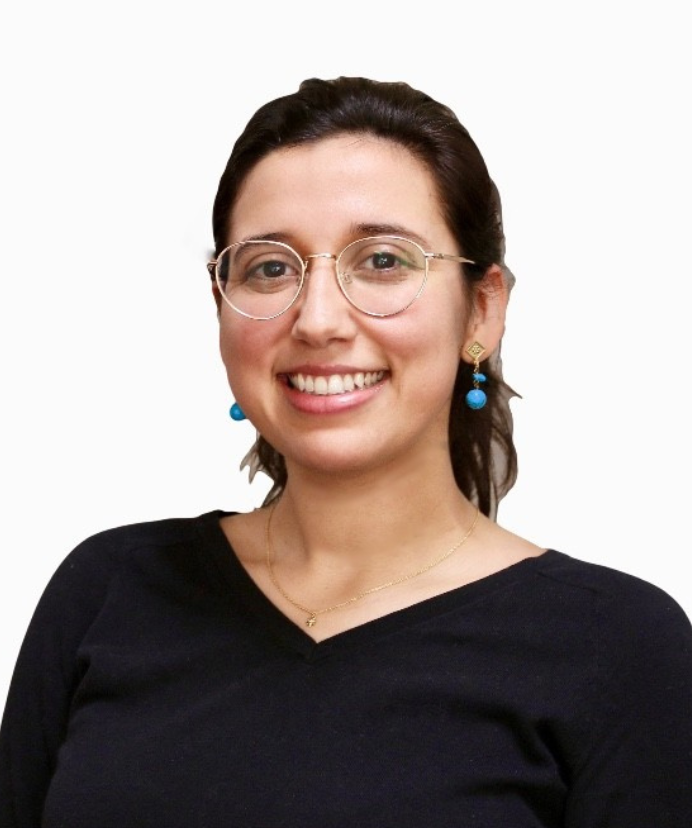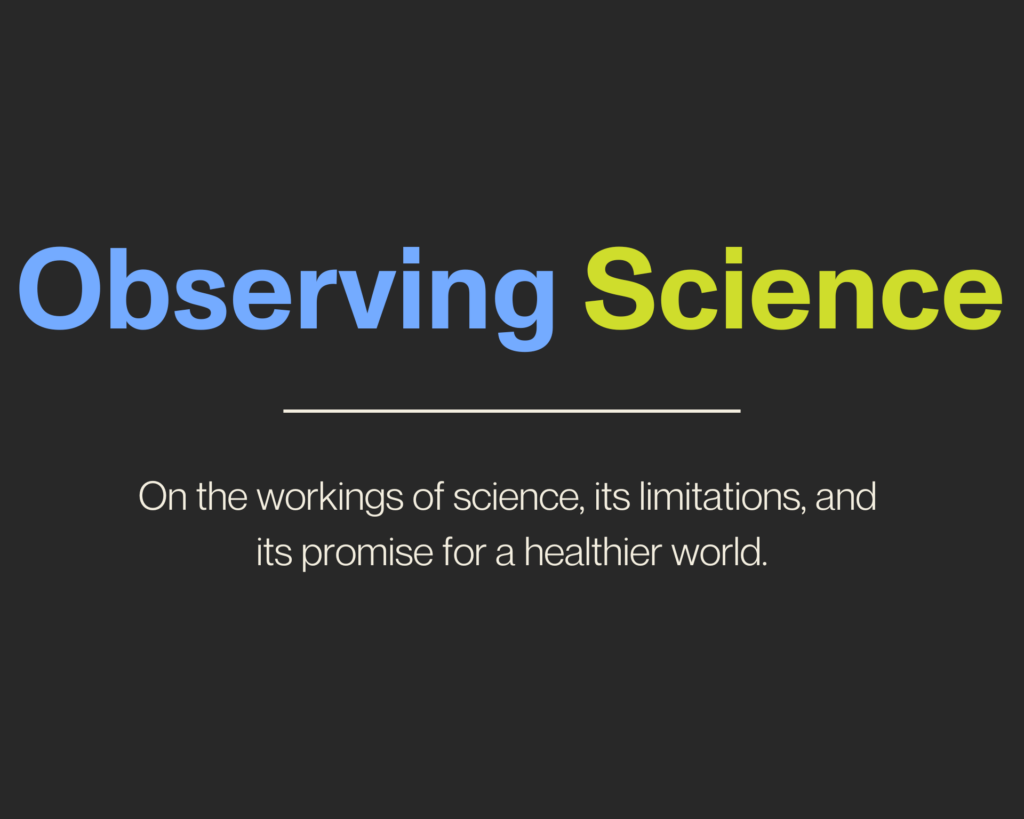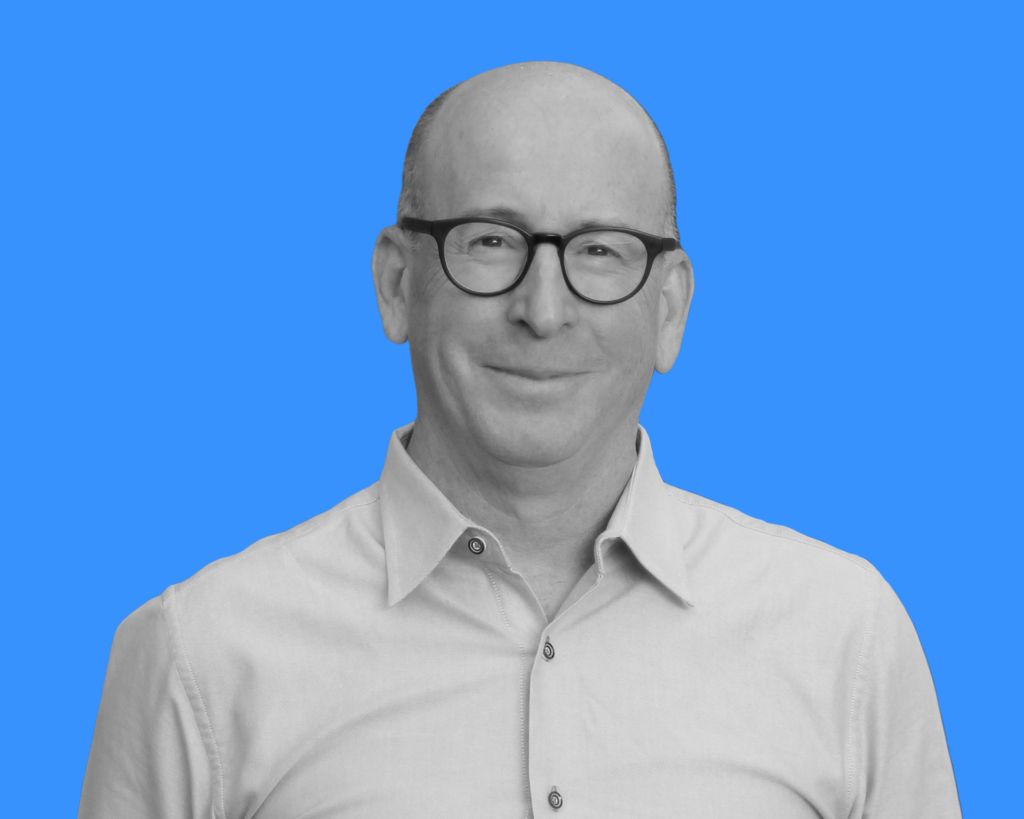Rhodessa Jones
Julia Garcia profiles Rhodessa Jones to discuss the Medea Project and her journey with art, theatre, and connecting with people through stories.

Read Time: 4 minutes
Published:
Rhodessa Jones is the co-artistic director of Cultural Odyssey, a San Francisco-based performance company. She is also the director of THE MEDEA PROJECT: Theater for Incarcerated Women and HIV Circle, which is a performance workshop designed to achieve personal and social transformation with incarcerated women and women living with HIV. PHP Fellow Julia Garcia sat down with Rhodessa Jones to discuss her work as an actress, teacher, director, and writer.
When the California Arts Council asked Rhodessa Jones to teach an aerobics class to incarcerated women in city jails, she was mystified. What does aerobics have to do with rehabilitating incarcerated women? When she arrived, she was struck by how many women of color there were–“women like me,” she insists, “I just didn’t get caught.” Women didn’t want to do aerobics though–”they were bored, sad, ashamed, and angry.” Rhodessa knew something else was called for. This is how The Medea Project–a performance workshop designed to rehabilitate and transform incarcerated women living with HIV–began.
“They were surprised,” she tells me, “I was 40 and doing handstands, backbends, and talking about my own relationships with men and drugs and rock and roll and being a mother at an early age.” Rhodessa is an expert at weaving experiences into rich, colorful stories told on stage through song and writing; she has a disarming presence. She speaks with an acute honesty, which can feel at once both austere and nurturing. There is no judgement or arrogance in her tone as she tells me she prides herself on being a “stellar human being.”
Performances the women create in the Medea Project involve theatre, art, song, poetry, and touch on difficult and often tragic topics like slavery, racism, incarceration, homelessness, HIV, abuse, loss, and self-love. Medea is named after a story Rhodessa came to know about a woman who murdered her baby during a cocaine hallucination. This tragedy reminded Rhodessa of the Greek mythological character, Medea, who betrays her whole family in the name of love. Later, when Medea learns of her lover’s own betrayal, she murders their two children out of revenge.
As an African-American woman, she grew up hyper-aware that stories about her experience were not being told, and she set out to change that.
When Rhodessa shared the story of Medea with the women in her workshop, their immediate reaction was often along the lines of “Damn, that b**h is crazy,” and Rhodessa would refocus them. “Now hold on,” she would say, “you’re sitting in jail right now, and somewhere out there your children are dying–dying of sadness, of loneliness–they don’t have their mother.” The truth in her words was undeniable. The women sat silent, and one could almost imagine their hardened defense mechanisms beginning to break down. The women cried and again Rhodessa would guide them: “You can cry,” she would say, “but now you got to stop crying–what are we gonna do about it?”
If you watch a video from one of her workshops, women are seen marching and moving around a small, white room. One woman is at the center of the room, orating unfathomable, horrific details from an experience she had with a pimp before she was incarcerated. As she finishes, these words appear on the screen: “She had the courage to tell [her story] and to tell it repeatedly.” At its core, this is what the Medea Project is about. “Telling personal stories puts women in touch with their power,” Rhodessa tells me. “It allows them to recreate themselves not through the lens of the court system or a man, but through their own eyes.” Telling their stories over and over again, despite it being painful at times, empowered them to love themselves enough to be proud of where they had come from and hopeful about where they could still go.
When I ask Rhodessa about why art is so powerful, she answers that theatre saved her life. “Theatre was a platform that provided a light that I could step into to share my story as part of the American story.” As an African-American woman, she grew up hyper-aware that stories about her experience were not being told, and she set out to change that. She offers stories as a way to heal, but also and perhaps more importantly, as a way to connect.
“If you share your story with me and I share my story with you, it changes the molecules in the universe–it changes our relationship to each other.”
Photo courtesy of Rhodessa Jones



